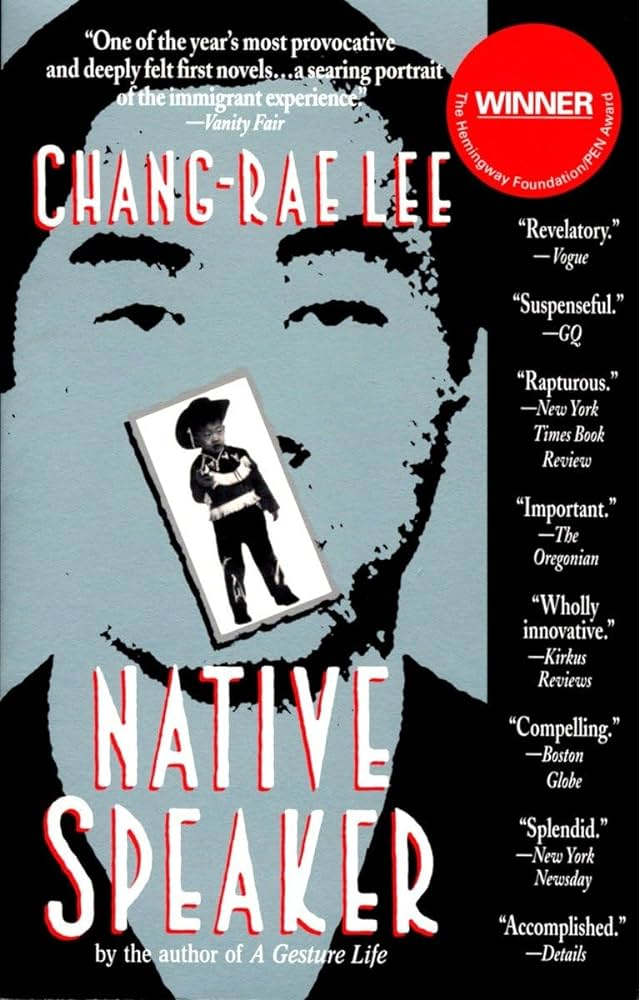Course Spotlight: Yumi Lee Teaches Villanova’s First Asian American Literature Course
By Katie Lewis
What does it mean to be Asian American?
This is the central question asked by Professor AJ Yumi Lee in a new undergraduate English course as of Spring 2024, ENG 4649: Introduction to Asian American Literature. The course explores how literature has represented and shaped Asian American identity since the 20th century.
The course is the first course to be offered by the English Department that focuses entirely on Asian American literature.
“It has been really fun teaching this class, and the students have been really excited,” said Professor Lee. “I have to give a shout-out to the class of the College of Liberal Arts and Sciences dean's office. When I was developing the course, I was able to get a grant, since this is something that contributes to diversity efforts within the college. I definitely want to teach this class again and build off the conversations this semester.”
The beginning of the semester covered Asian American history, an area frequently underrecognized by American historical narratives. One crucial topic is the 1882 Chinese Exclusion Act, the first and only time in American history that an entire ethnic group was banned from becoming citizens.
“When teaching these texts, there are a lot of gaps in historical knowledge that we have to fill,” Professor Lee said. “Particularly in high school and even college-level American history classes, the Chinese Exclusion era is just a blip, if it’s even mentioned at all. But it’s an incredibly formative thing for Asian American communities. Historians talk about it as inventing the idea of the ‘illegal alien.’ So, we started the class delving into that history and the way the authors have engaged with it through the literary texts.”
Professor Lee started the semester’s readings with a contemporary short story, “Three Women of Chuck’s Donuts” (2020), by Cambodian American writer Anthony Veasna So.
“It’s about two teenage girls who work for their mom’s donut shop in California,” explained Professor Lee. “The story is very meta, because they’re sitting in the donut shop thinking about their own identities. I had assigned it thinking it would just be our intro text, but students actually keep coming back to it, and teaching it has given me a new love and appreciation.”
Although the category of Asian American literature emerged belatedly in the 1960s, the course moves through a 150-year history while exploring a variety of genres. Professor Lee incorporated novels, short stories, scholarly works, poetry, graphic novels, and films into the syllabus.
One of the main three novels in the course is Korean American writer Chang-rae Lee’s Native Speaker (1995).
“Native Speaker inaugurated a new era of Asian American writing by second-generation authors who were probing issues like identity, family, and intergenerational trauma that we associate with Asian American narratives,” said Professor Lee. “Chang-rae Lee is such as a beautiful, lyrical writer, and the novel is just so smart. It was very cool to see how it resonated with a lot of students.”
Other works the class explores include Miné Okubo’s graphic novel Citizen 13660 (2014), selections from Jhumpa Lahiri’s Interpreter of Maladies (1999), and the Daniels’ film Everything Everywhere All at Once (2022).
Professor Lee encourages her students to lead class discussions and engage with their personal interests. With only 8.6% of Villanova students identifying as Asian as of Fall 2022, the course highlights the experiences of underrepresented ethnic groups through literature.
“There is growing interest in this field because students want to see themselves reflected in the curriculum,” said Professor Lee. “It’s also reflective of larger trends in academia. It’s exciting to be in this moment at Villanova that reflects what is happening nationally and especially on college campuses across the East Coast.”



Comments
Post a Comment